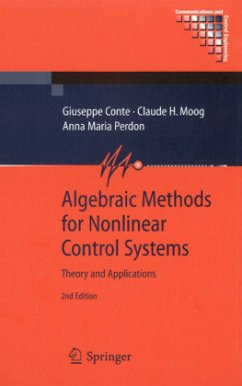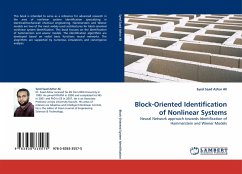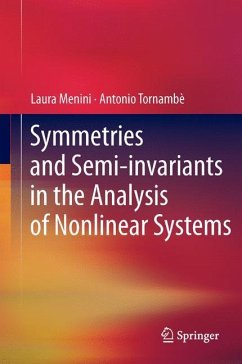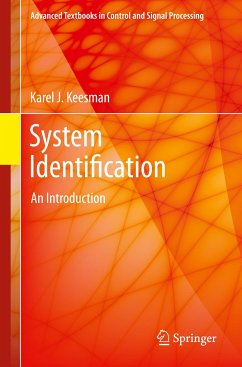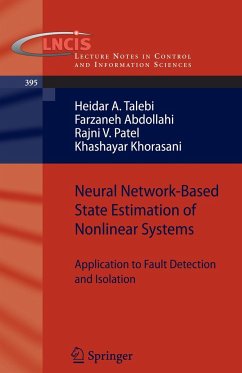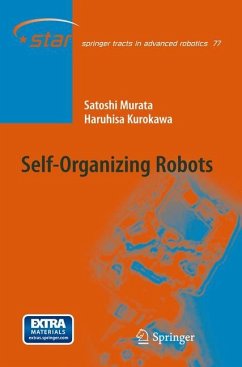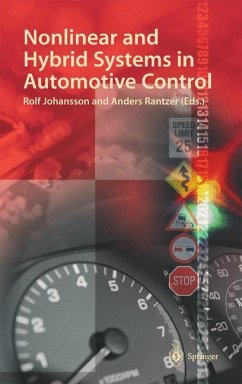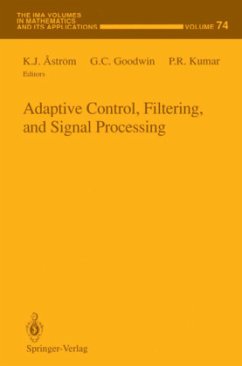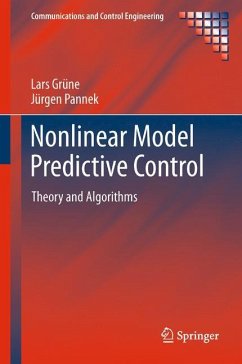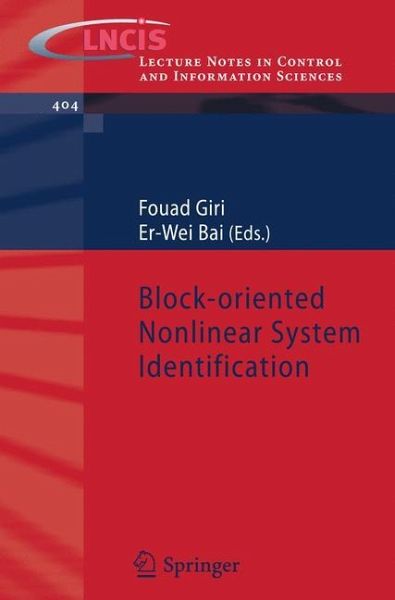
Block-oriented Nonlinear System Identification

PAYBACK Punkte
39 °P sammeln!
Block-oriented Nonlinear System Identification deals with an area of research that has been very active since the turn of the millennium. The book makes a pedagogical and cohesive presentation of the methods developed in that time. These include: iterative and over-parameterization techniques; stochastic and frequency approaches; support-vector-machine, subspace, and separable-least-squares methods; blind identification method; bounded-error method; and decoupling inputs approach.
The identification methods are presented by authors who have either invented them or contributed significantly to their development. All the important issues e.g., input design, persistent excitation, and consistency analysis, are discussed. The practical relevance of block-oriented models is illustrated through biomedical/physiological system modelling. The book will be of major interest to all those who are concerned with nonlinear system identification whatever their activity areas. This is particularly the case for educators in electrical, mechanical, chemical and biomedical engineering and for practising engineers in process, aeronautic, aerospace, robotics and vehicles control. Block-oriented Nonlinear System Identification serves as a reference for active researchers, new comers, industrial and education practitioners and graduate students alike.
The identification methods are presented by authors who have either invented them or contributed significantly to their development. All the important issues e.g., input design, persistent excitation, and consistency analysis, are discussed. The practical relevance of block-oriented models is illustrated through biomedical/physiological system modelling. The book will be of major interest to all those who are concerned with nonlinear system identification whatever their activity areas. This is particularly the case for educators in electrical, mechanical, chemical and biomedical engineering and for practising engineers in process, aeronautic, aerospace, robotics and vehicles control. Block-oriented Nonlinear System Identification serves as a reference for active researchers, new comers, industrial and education practitioners and graduate students alike.



